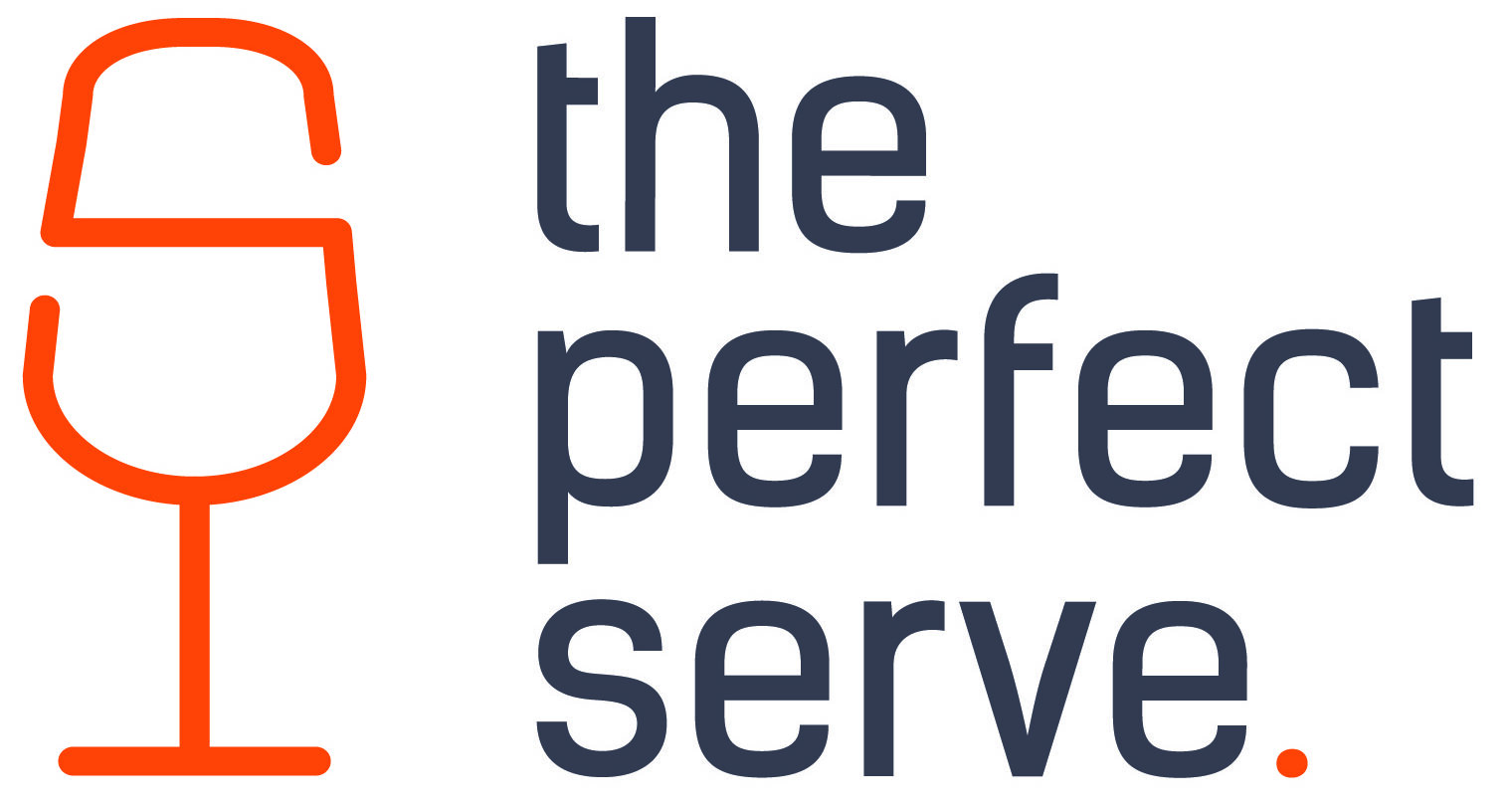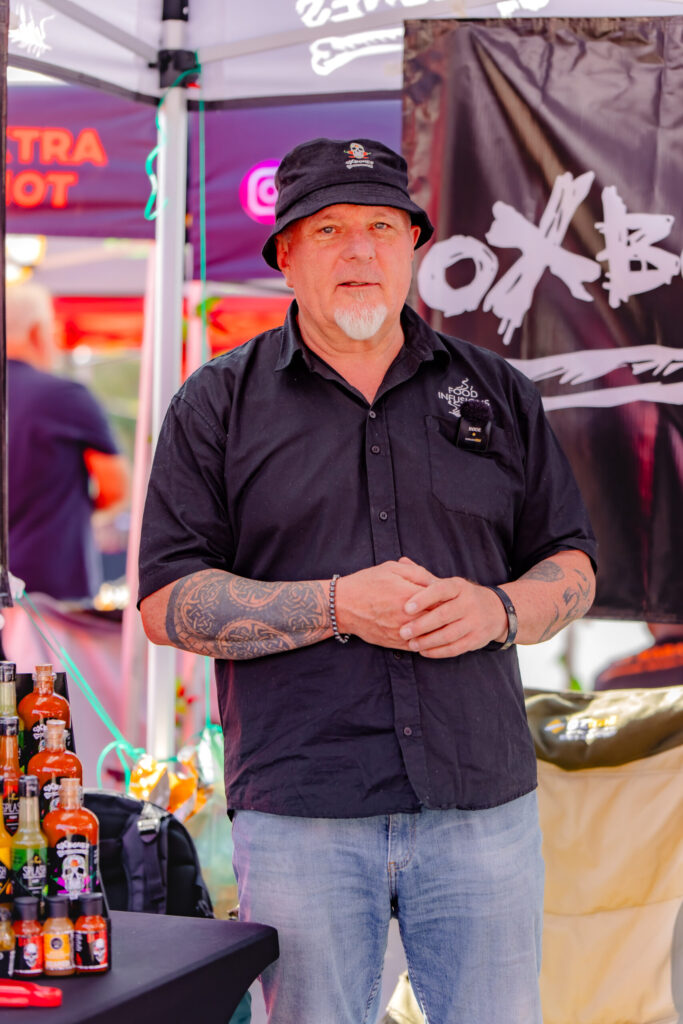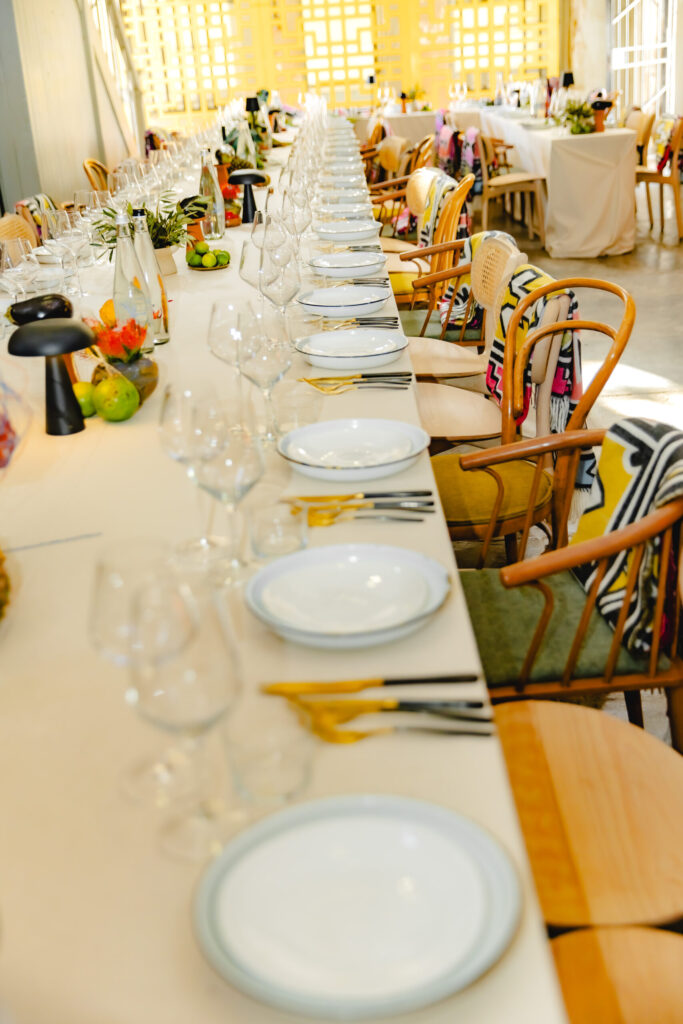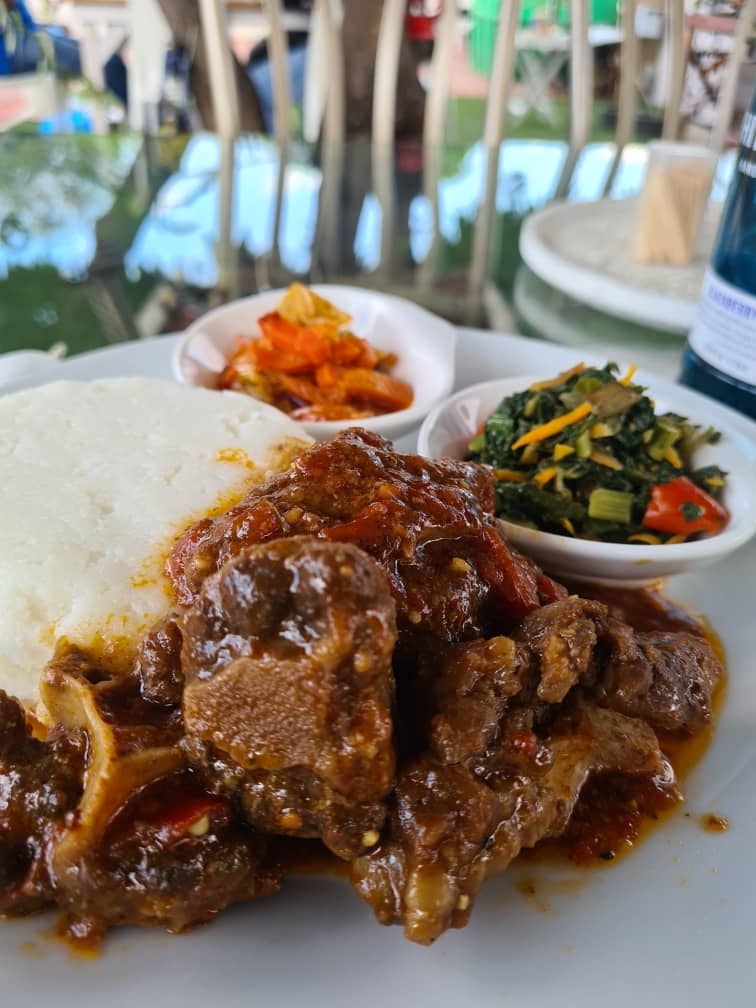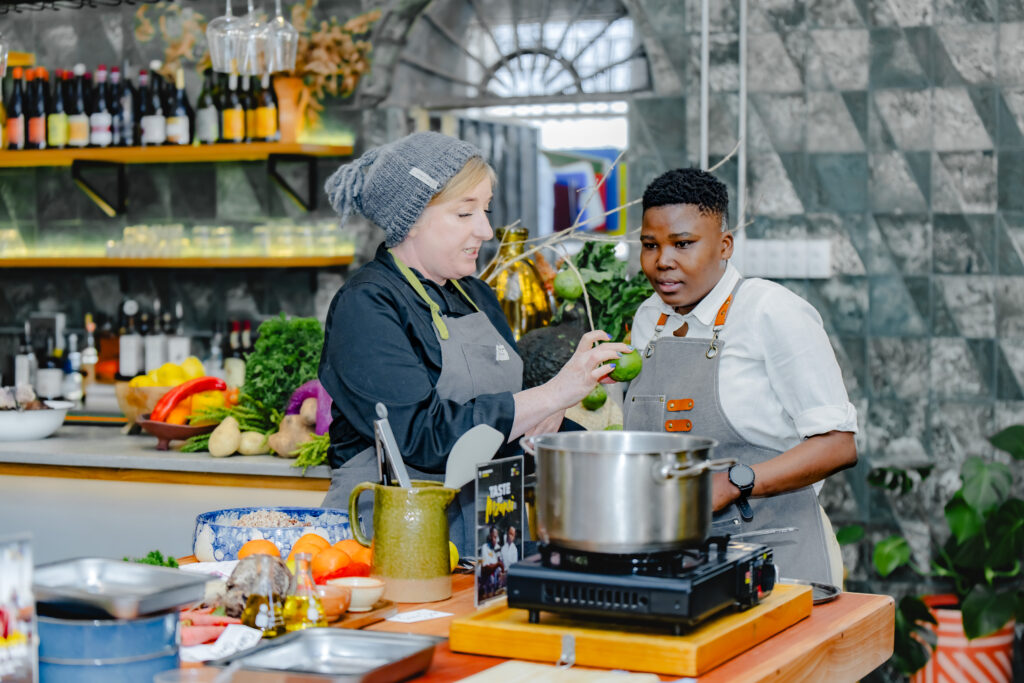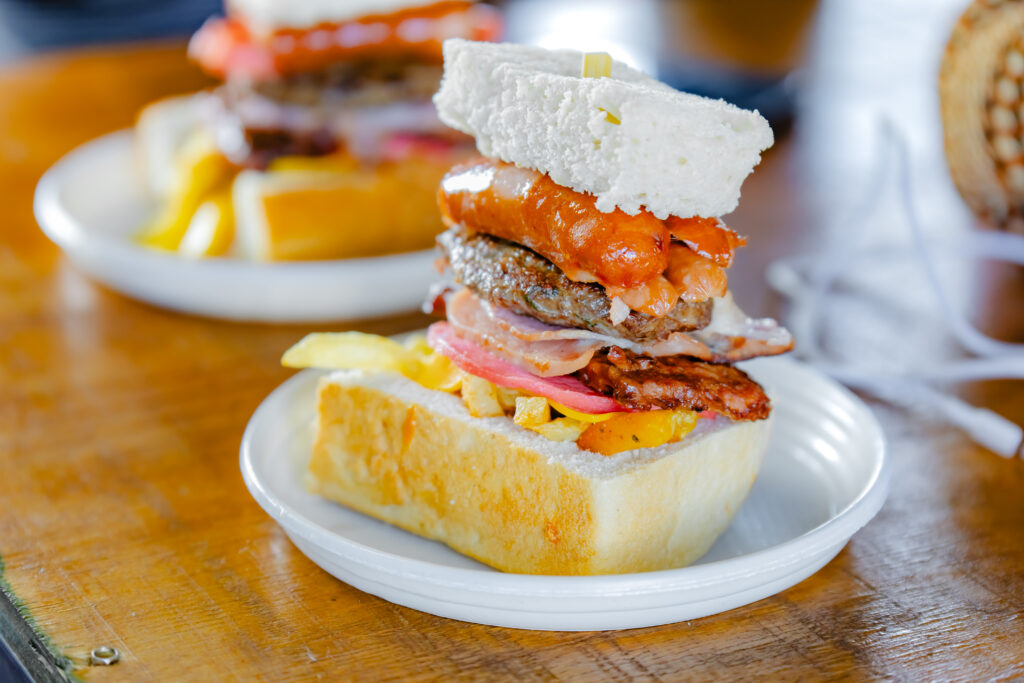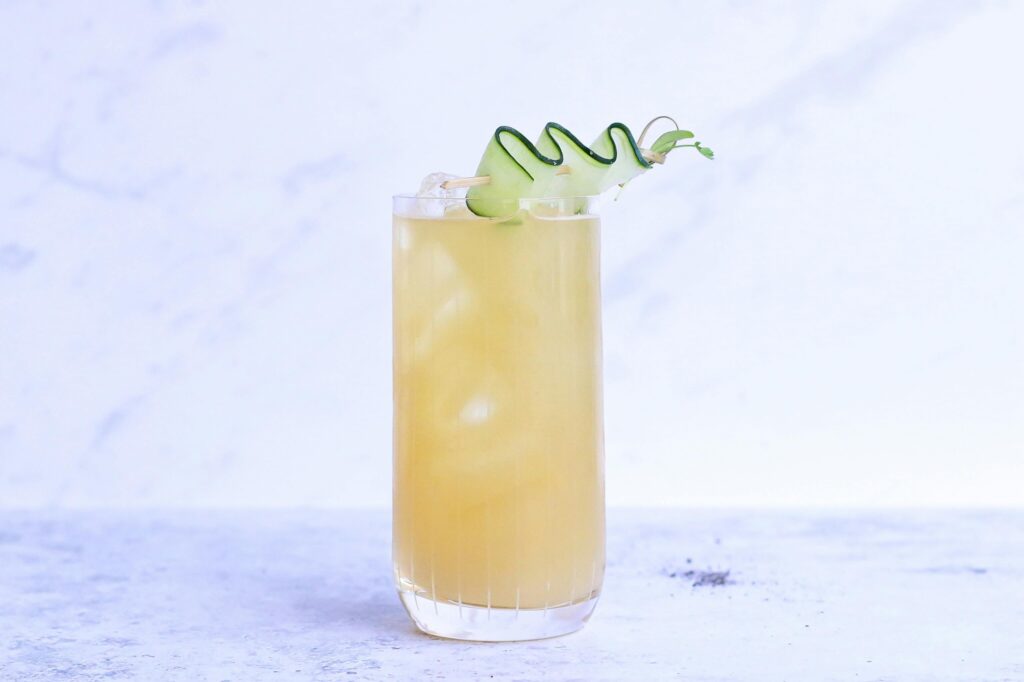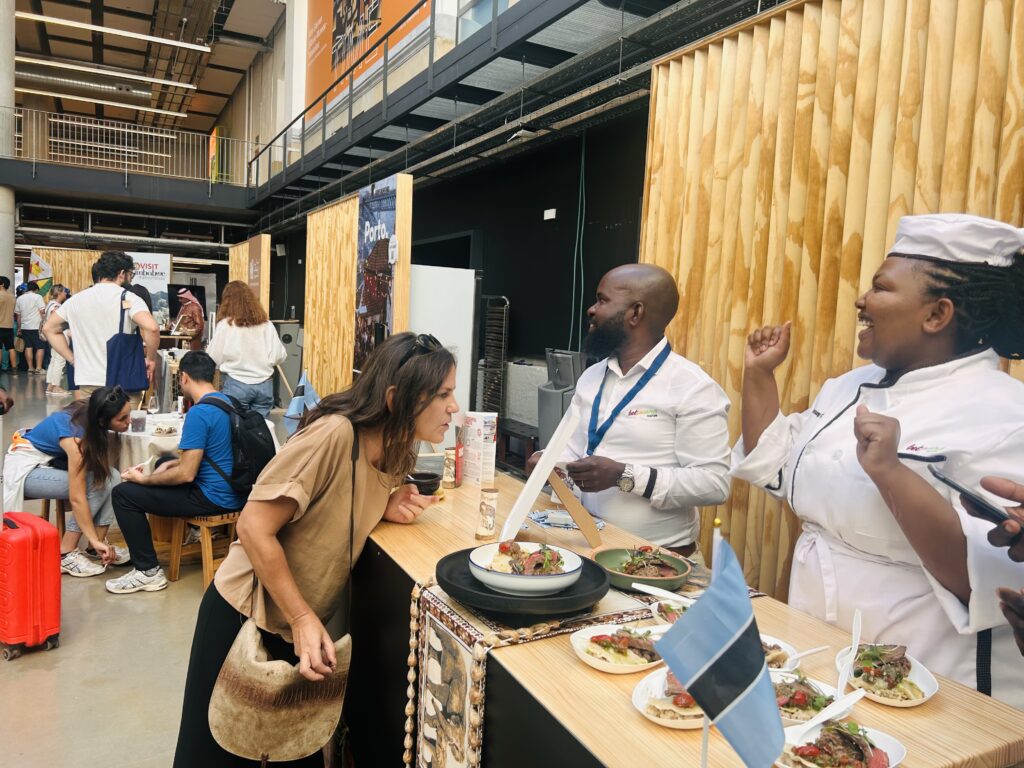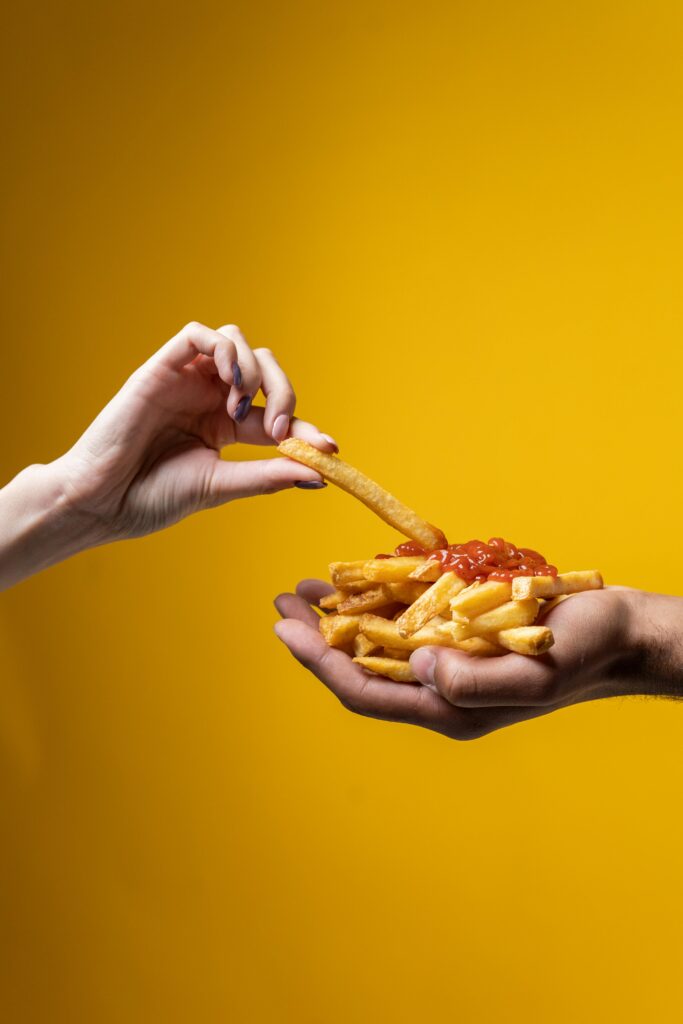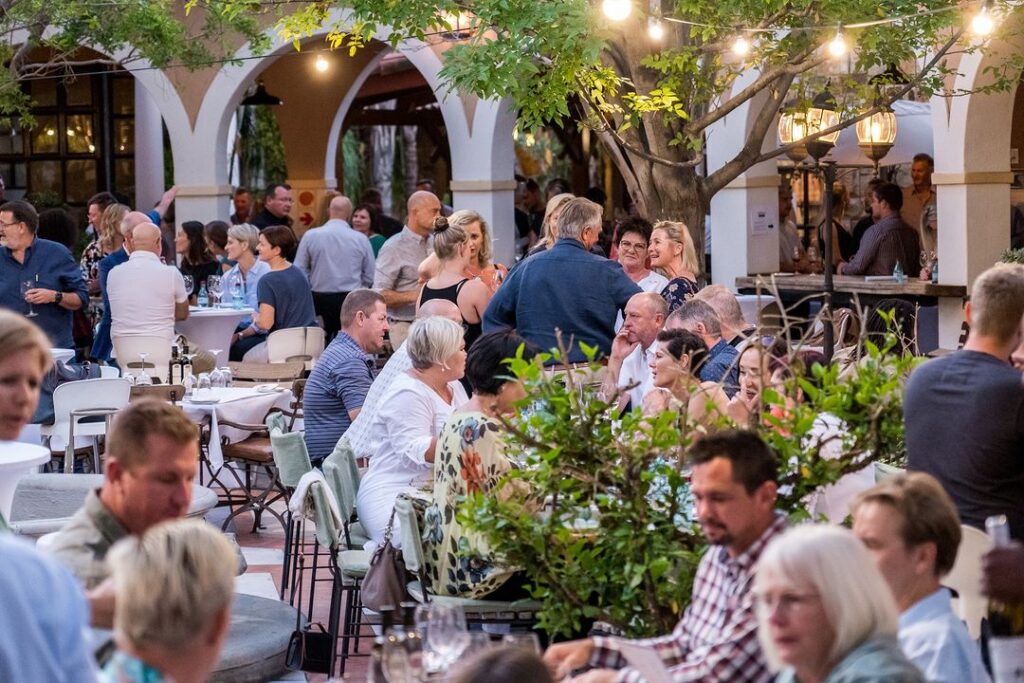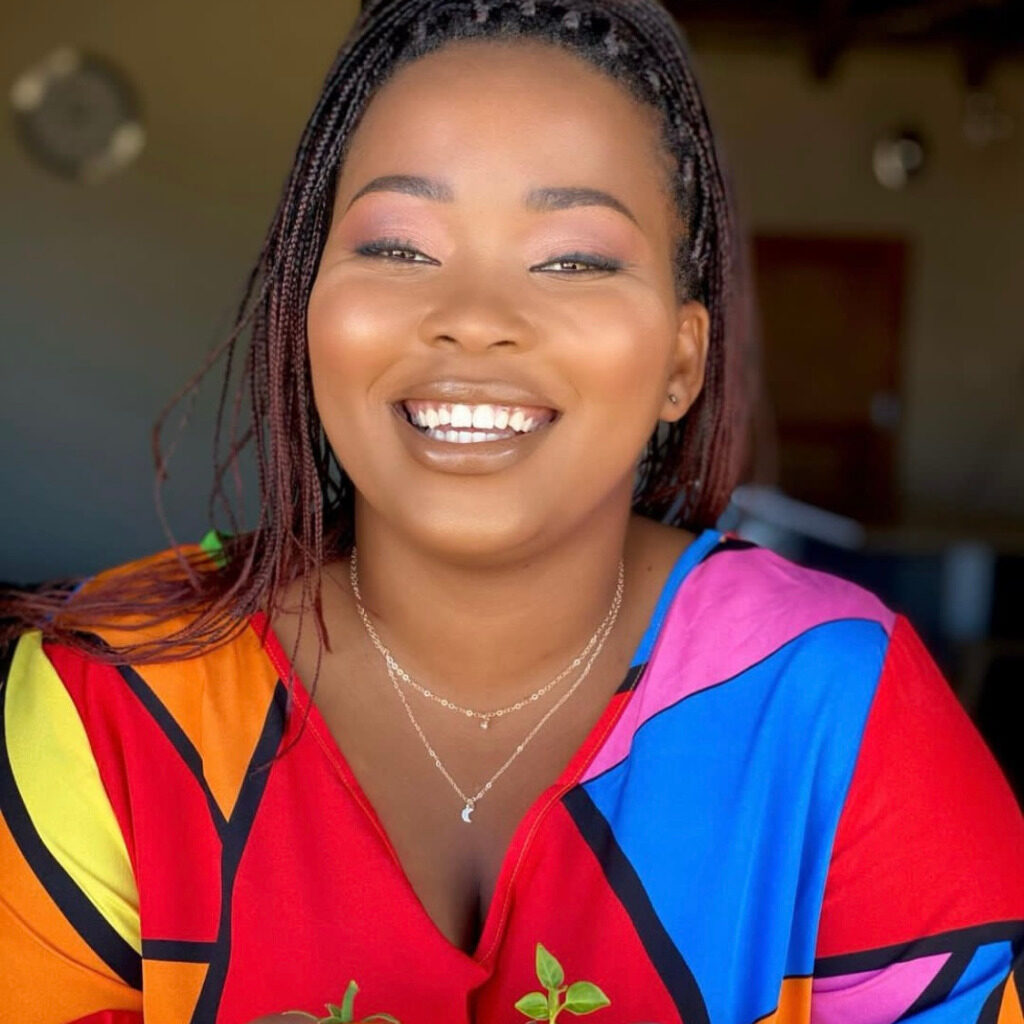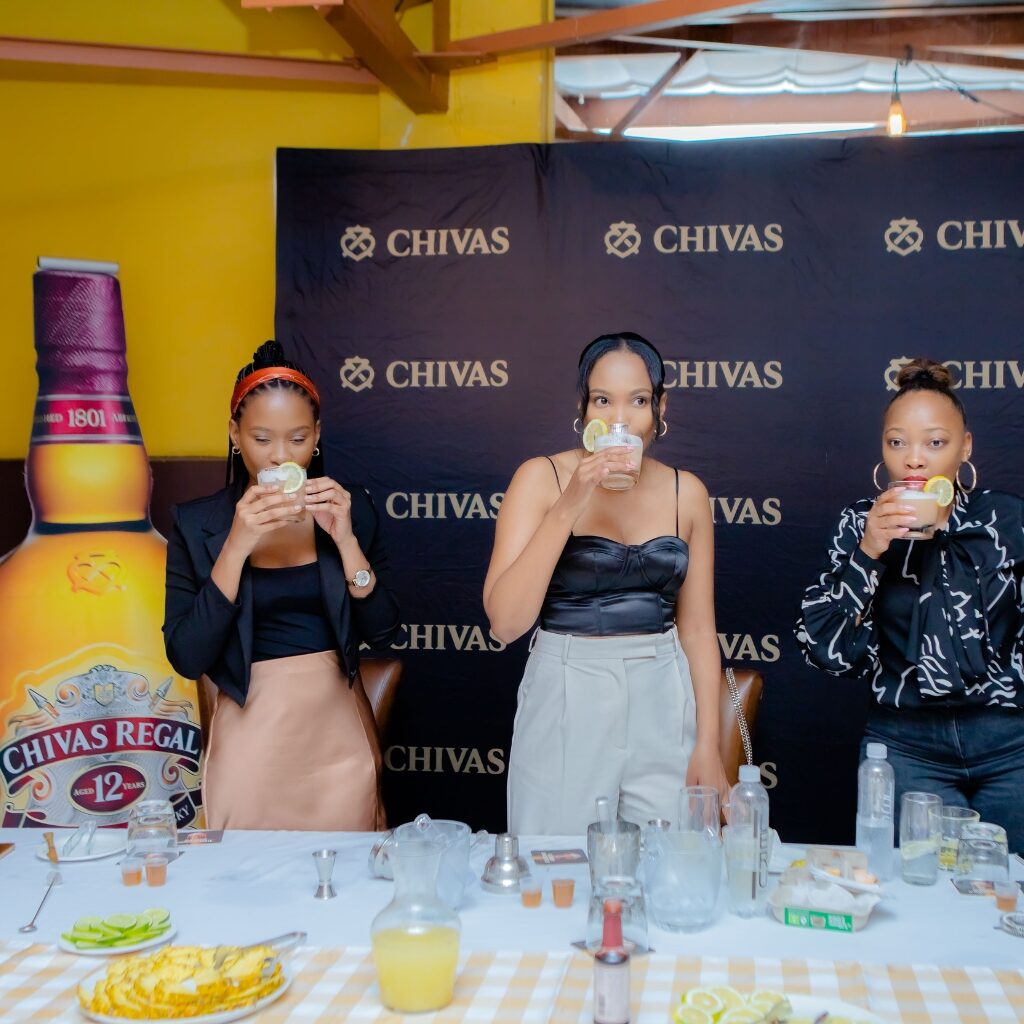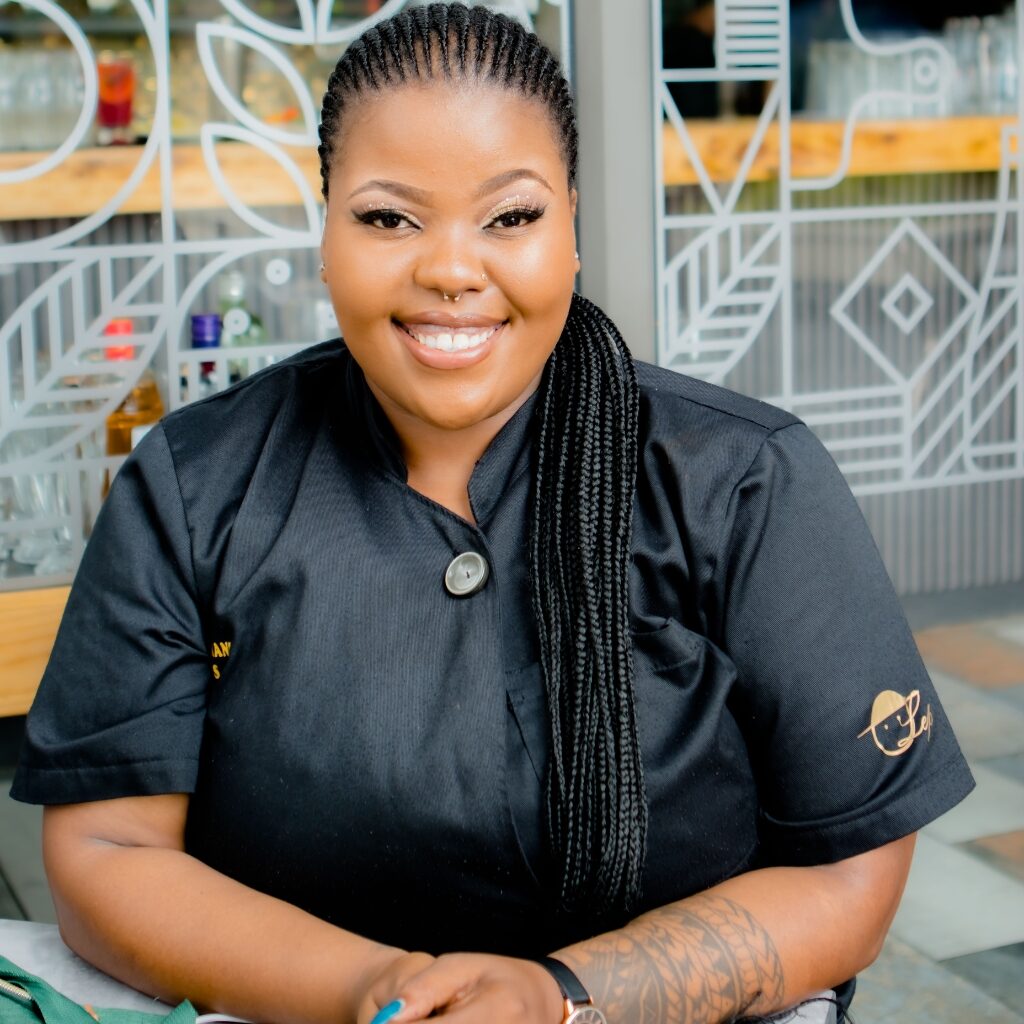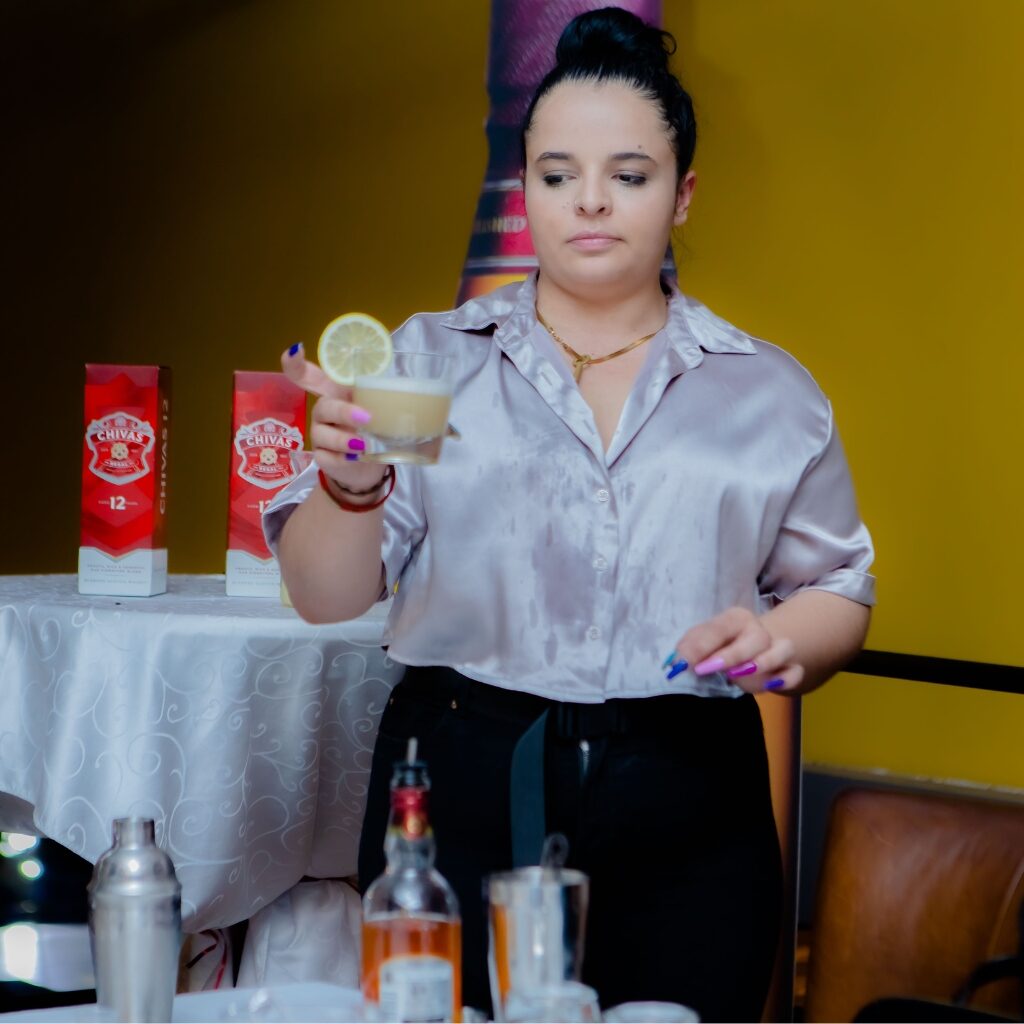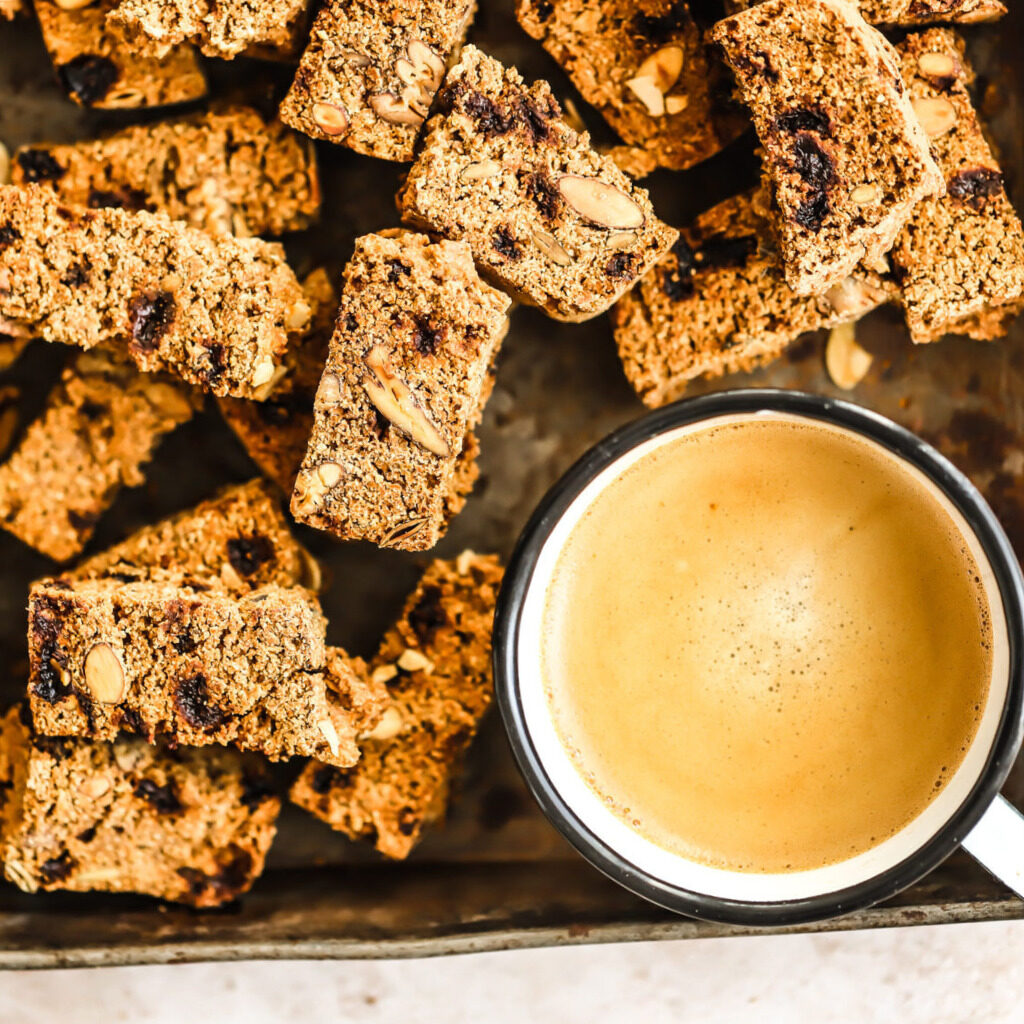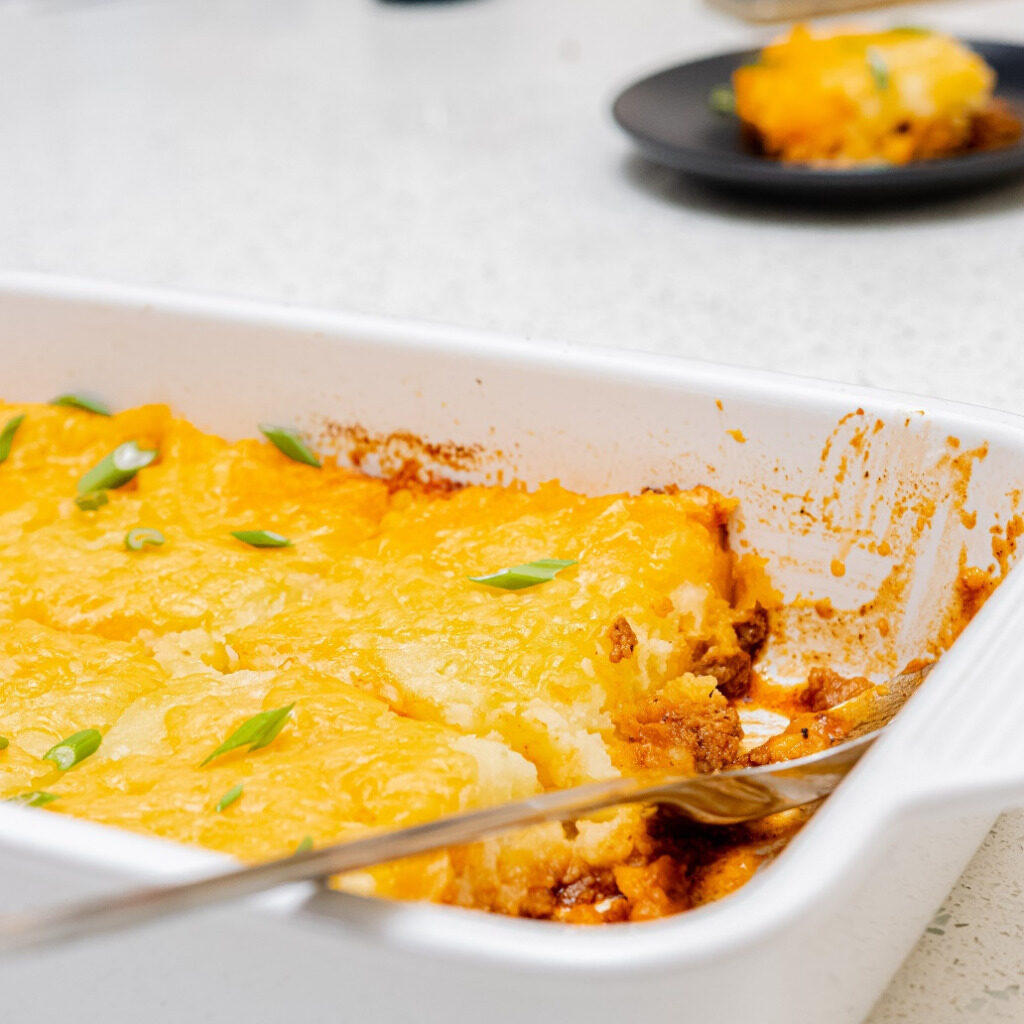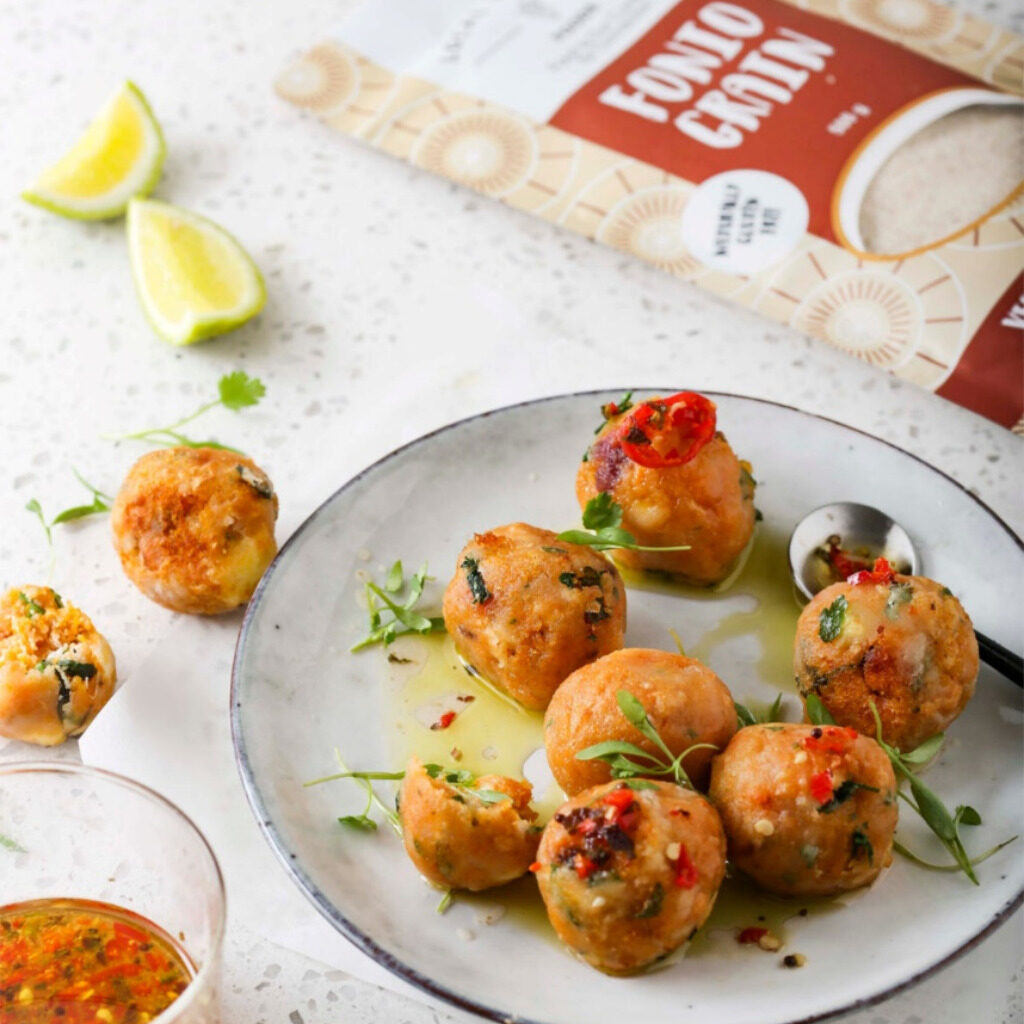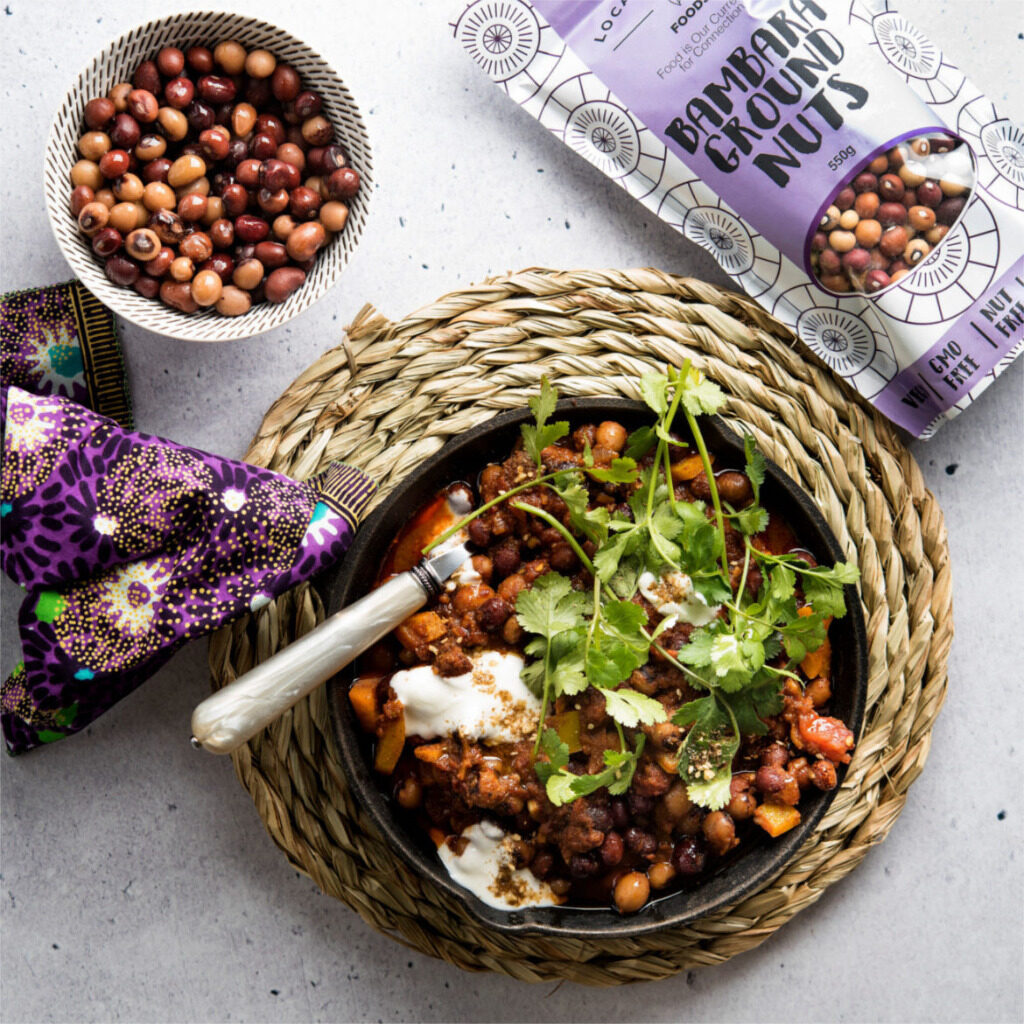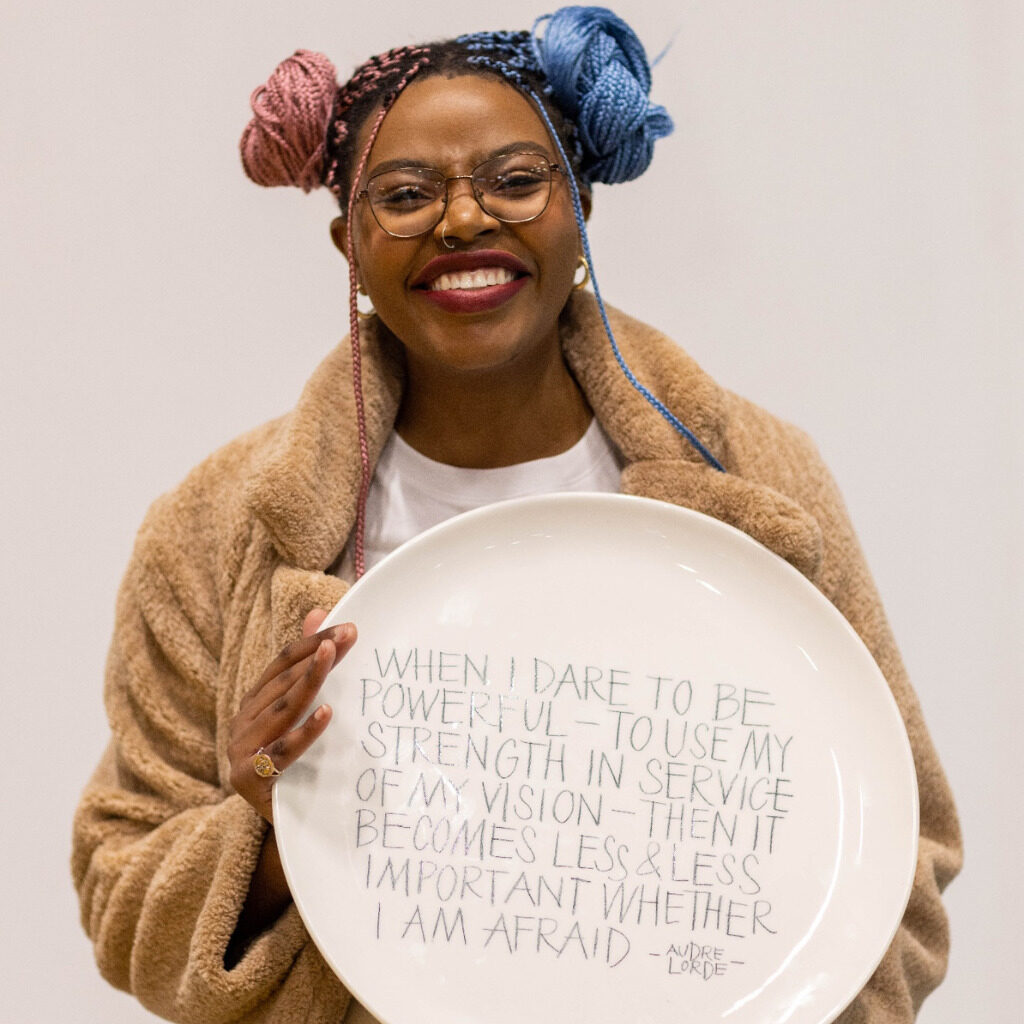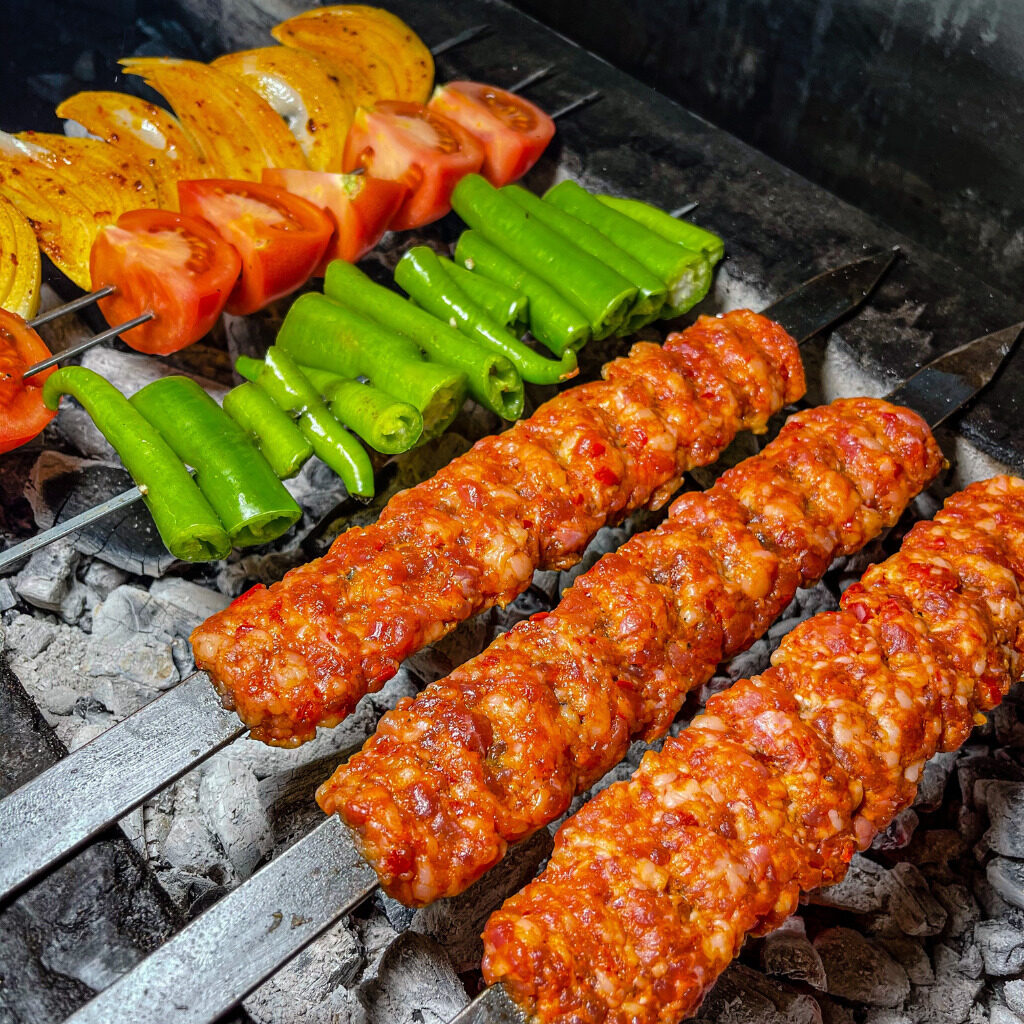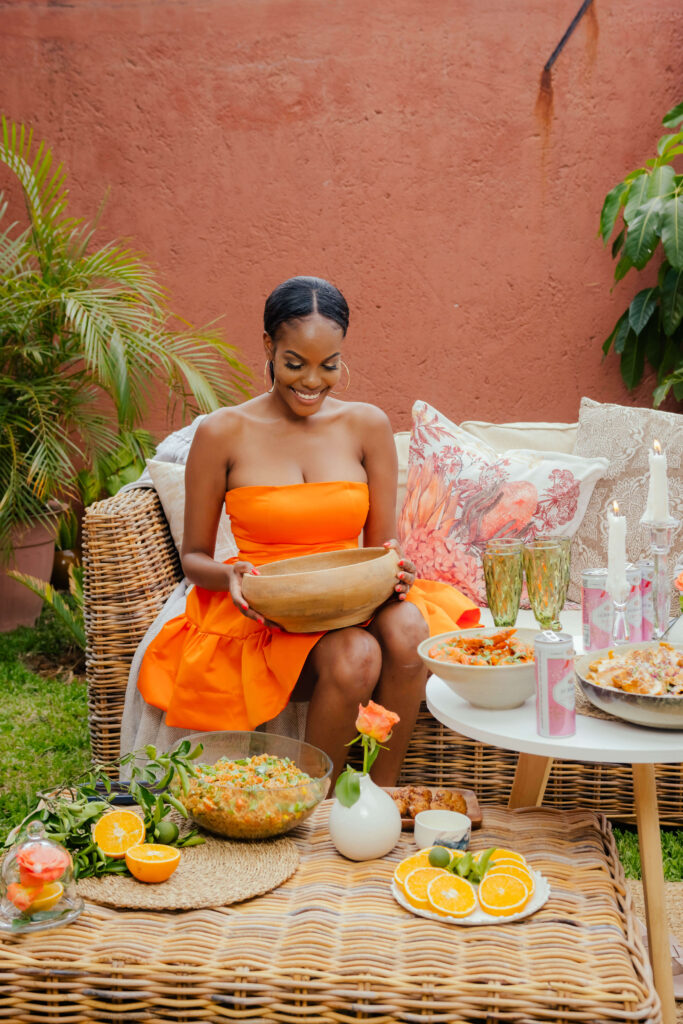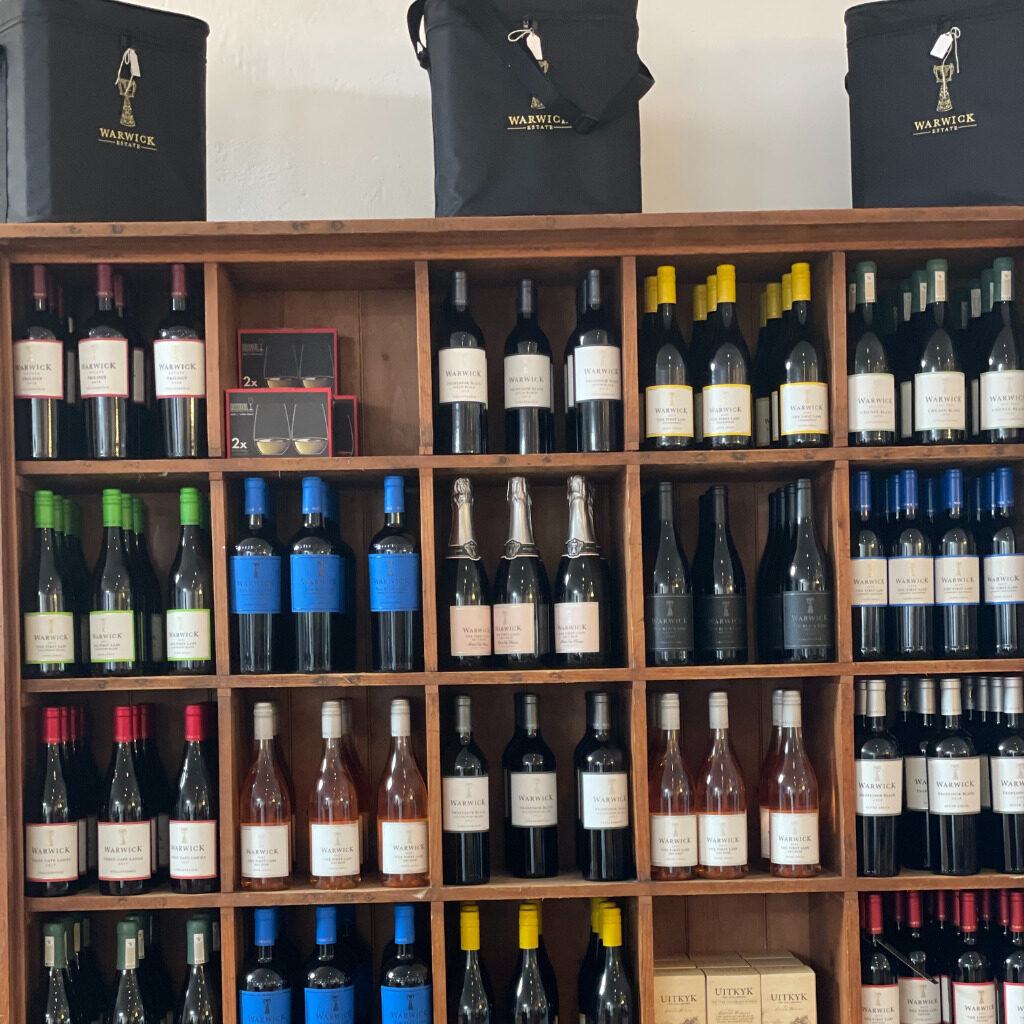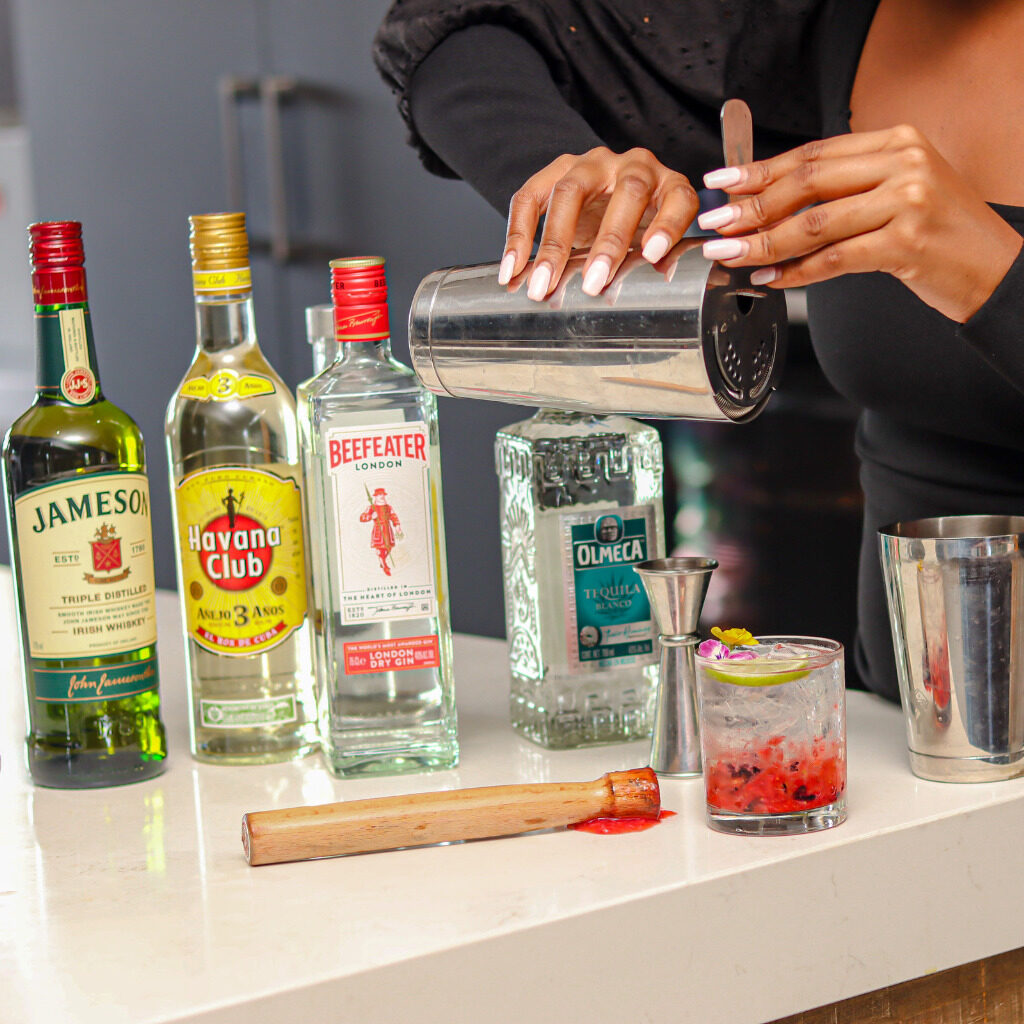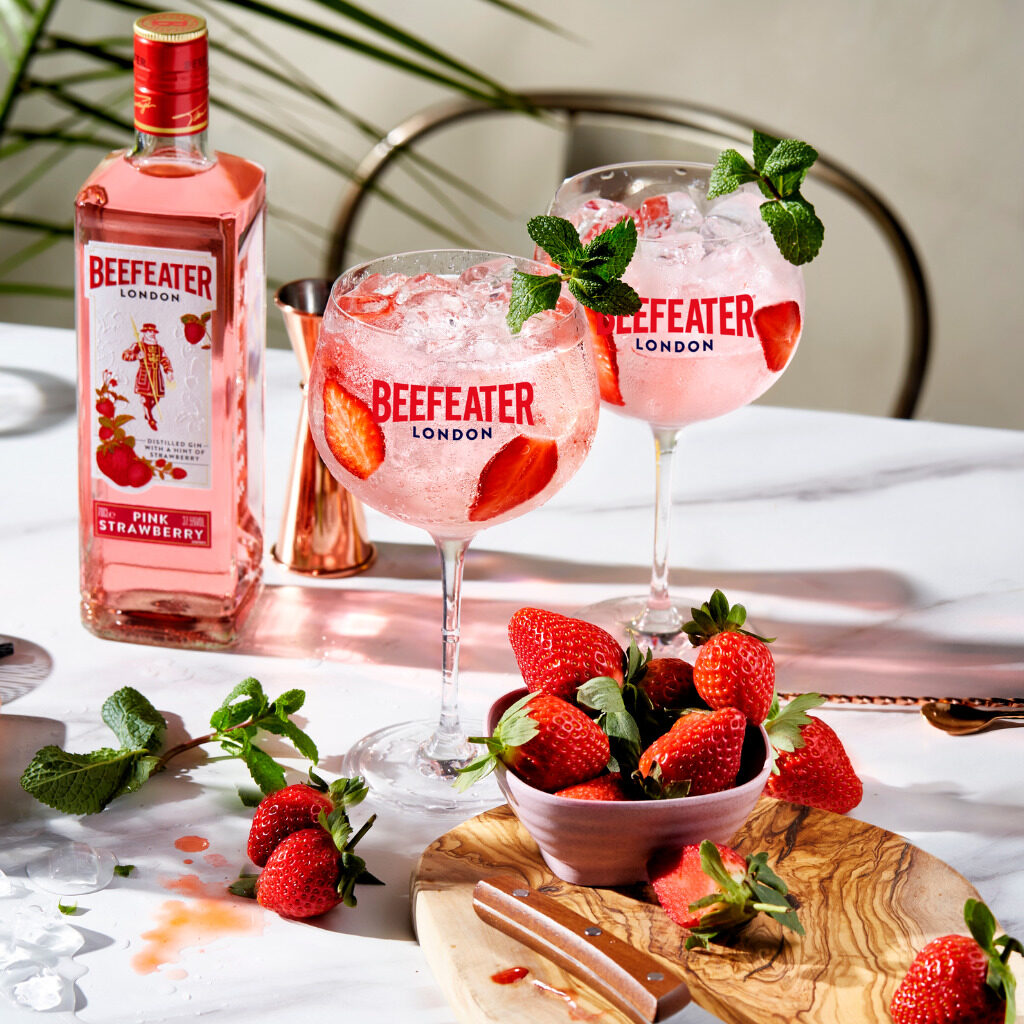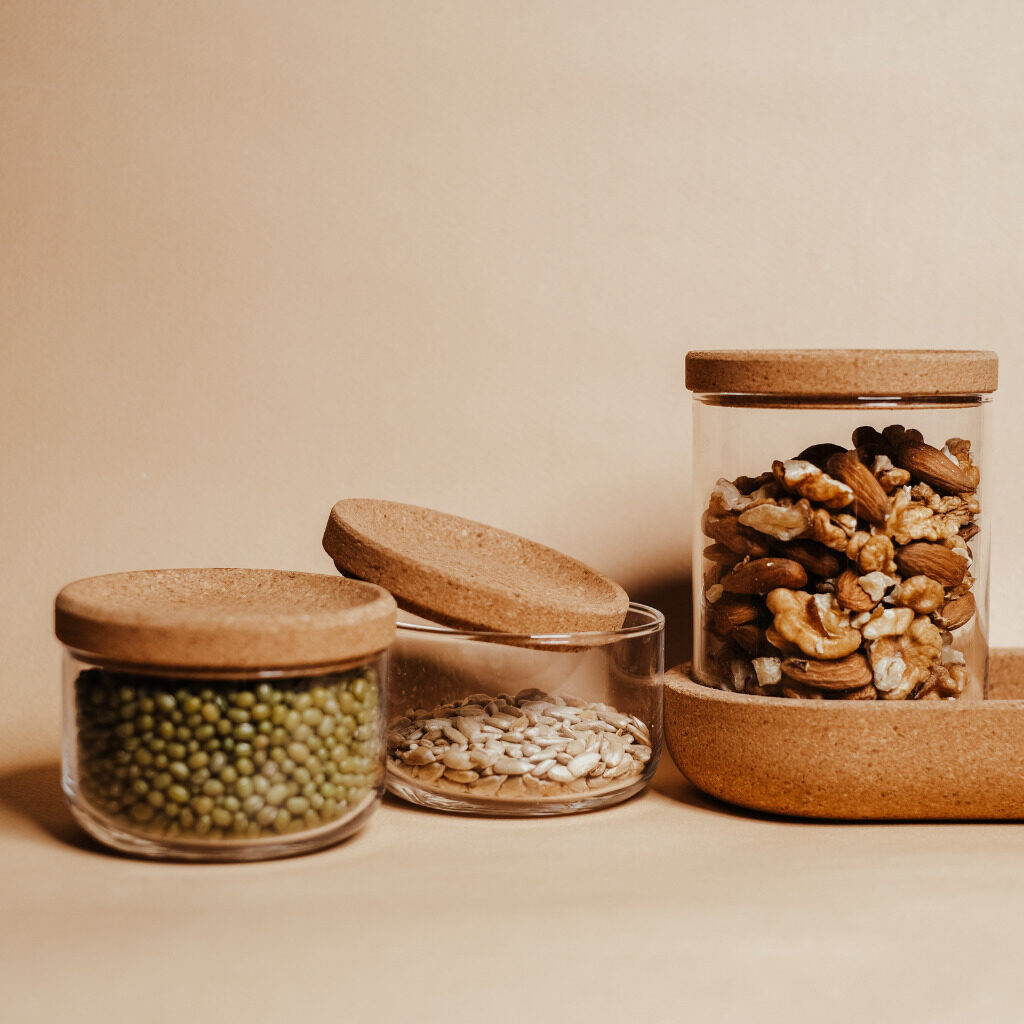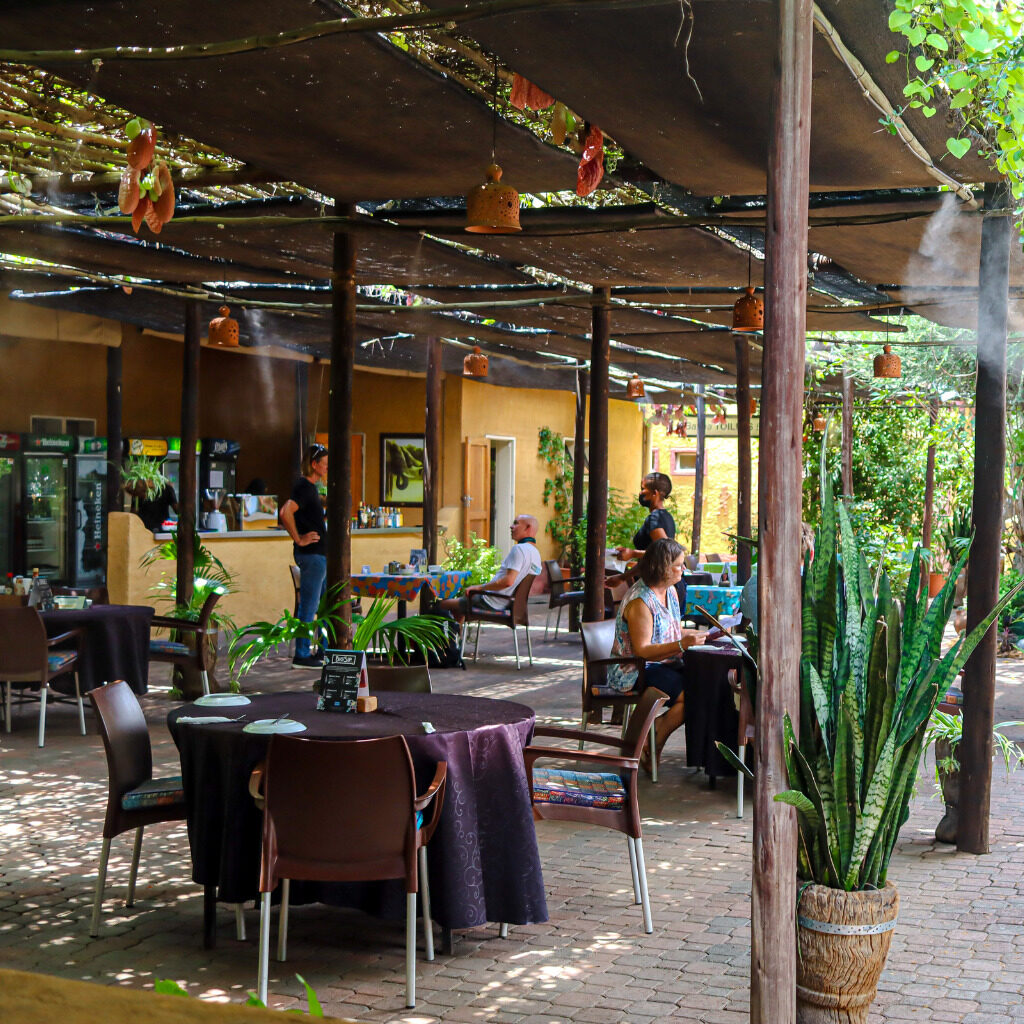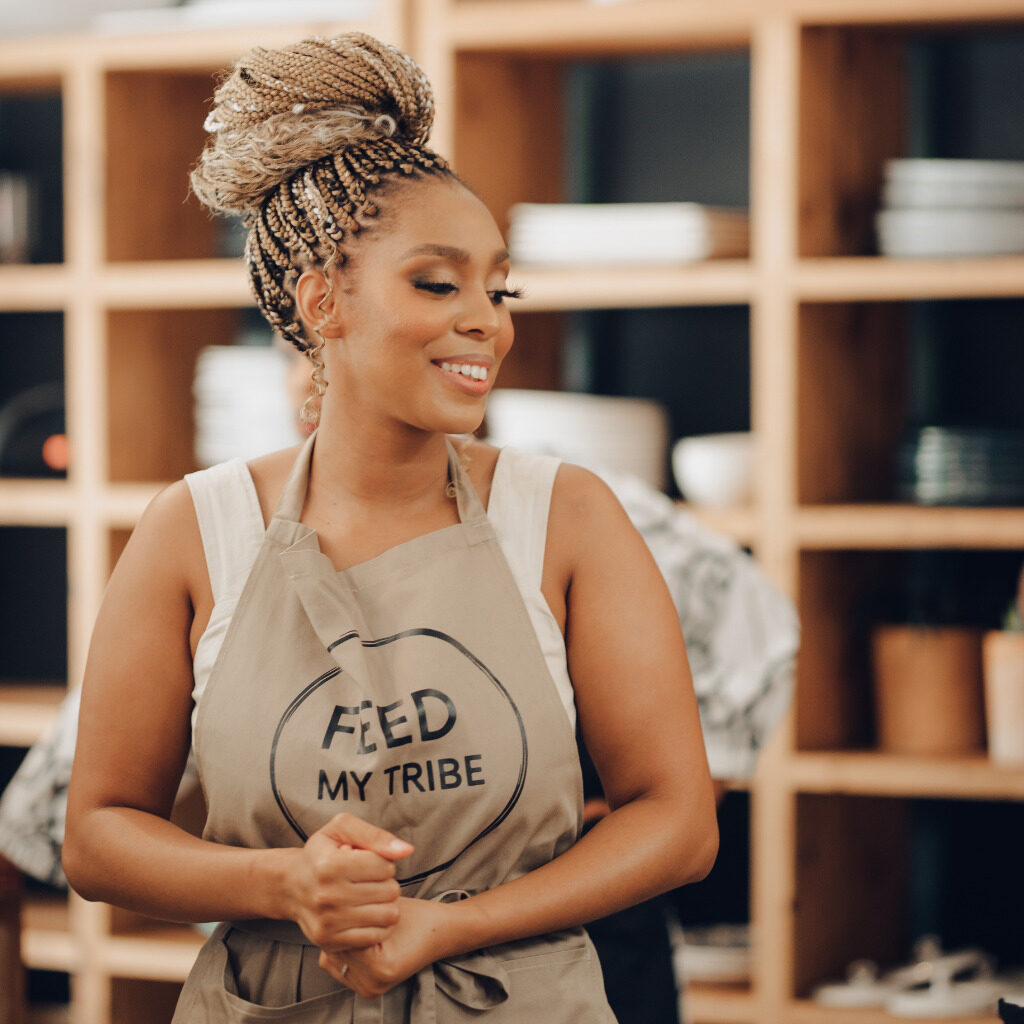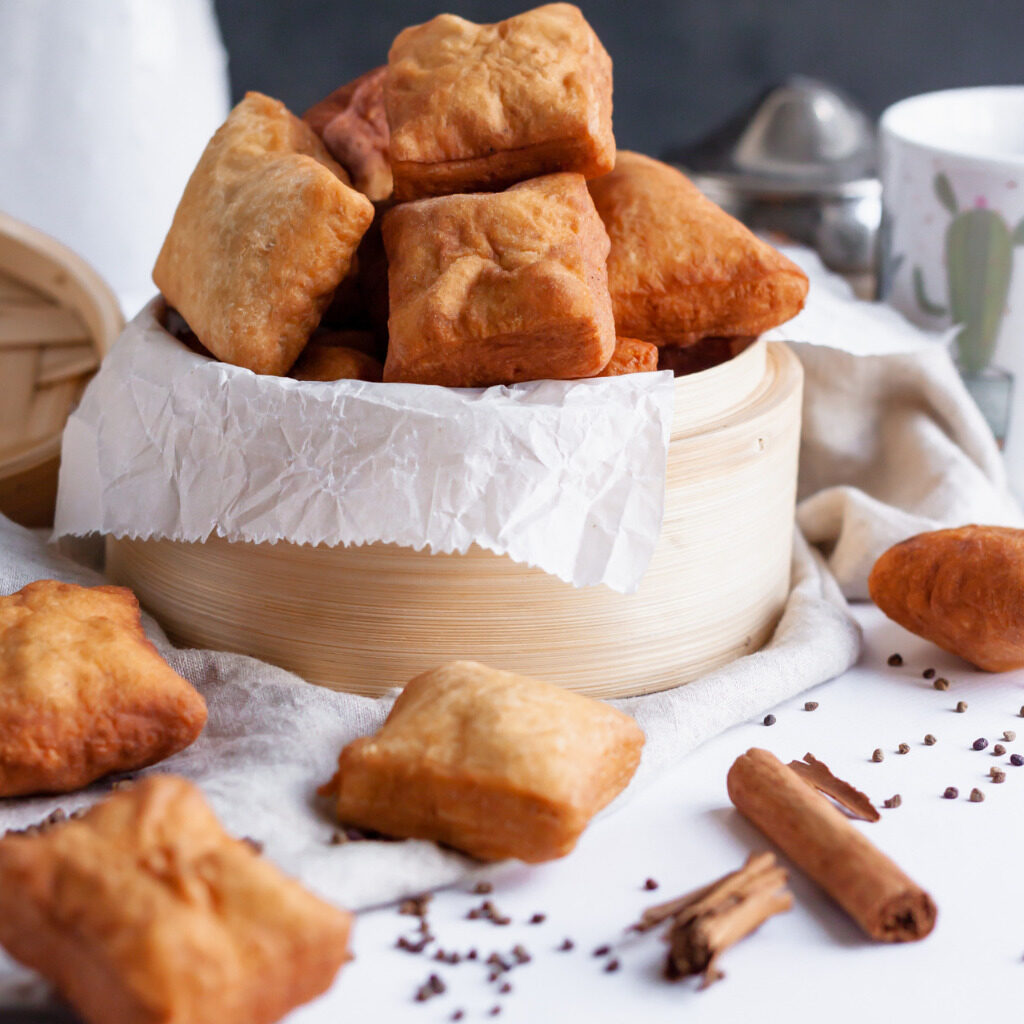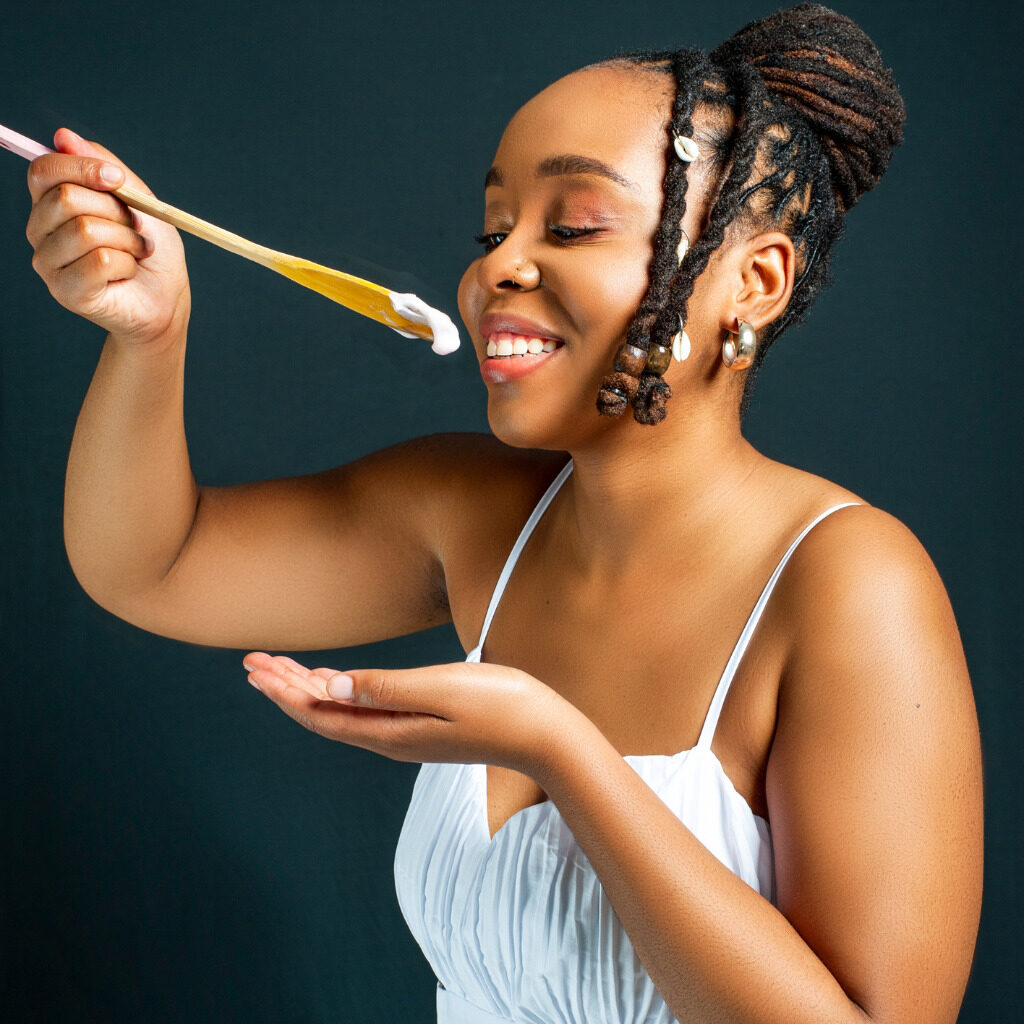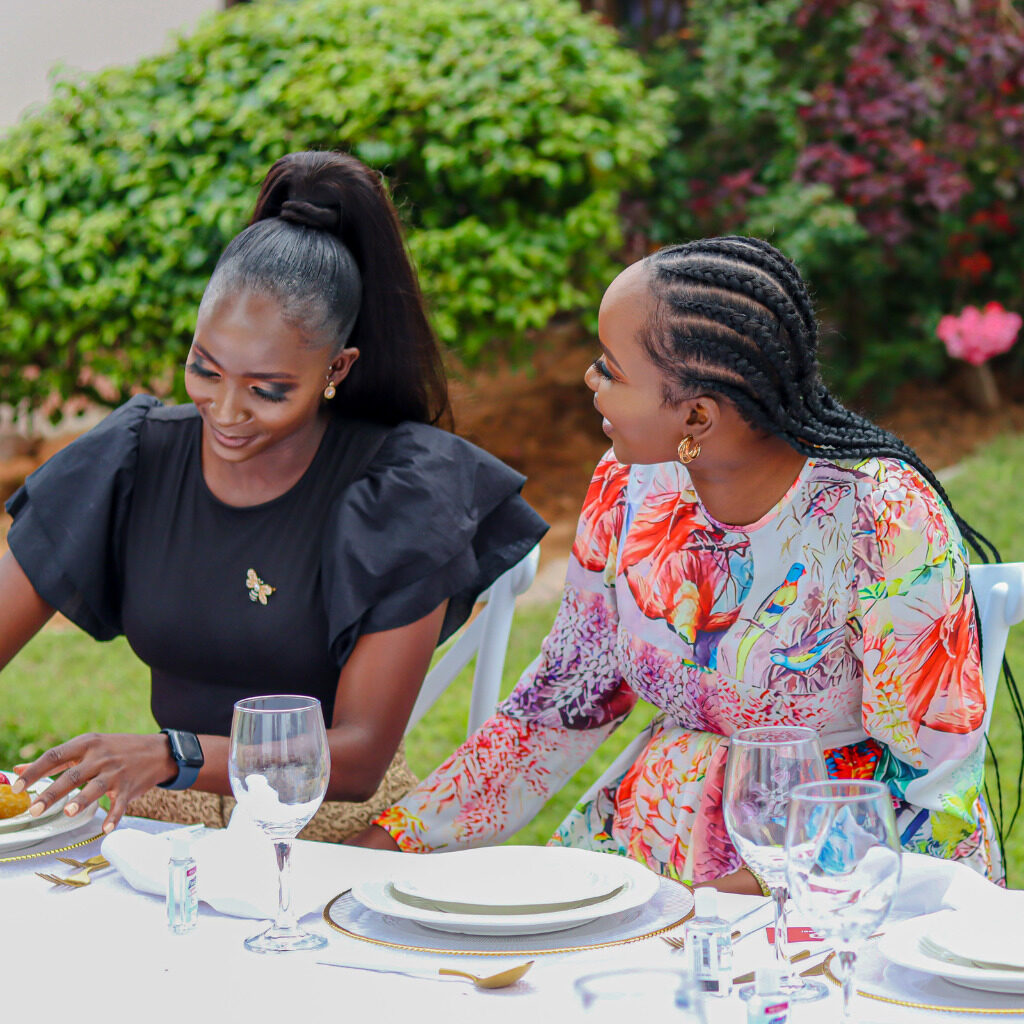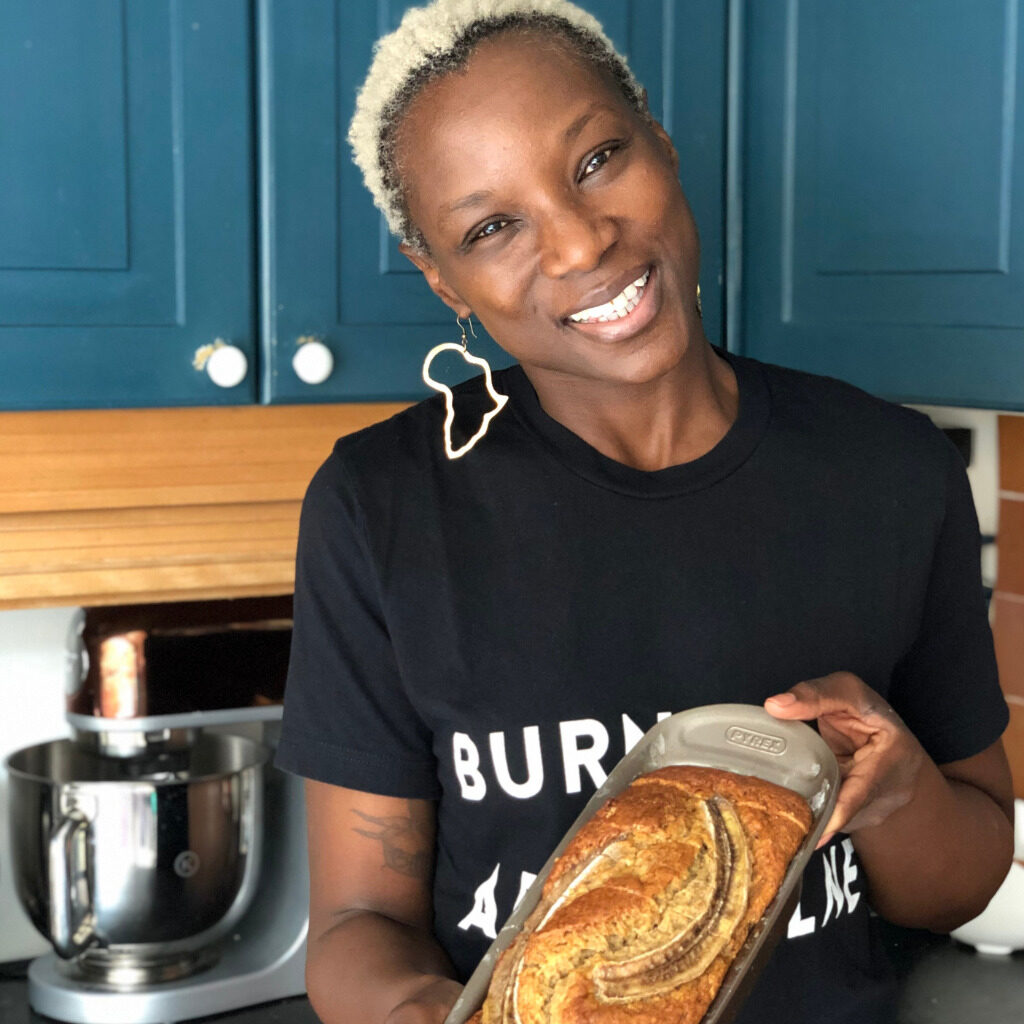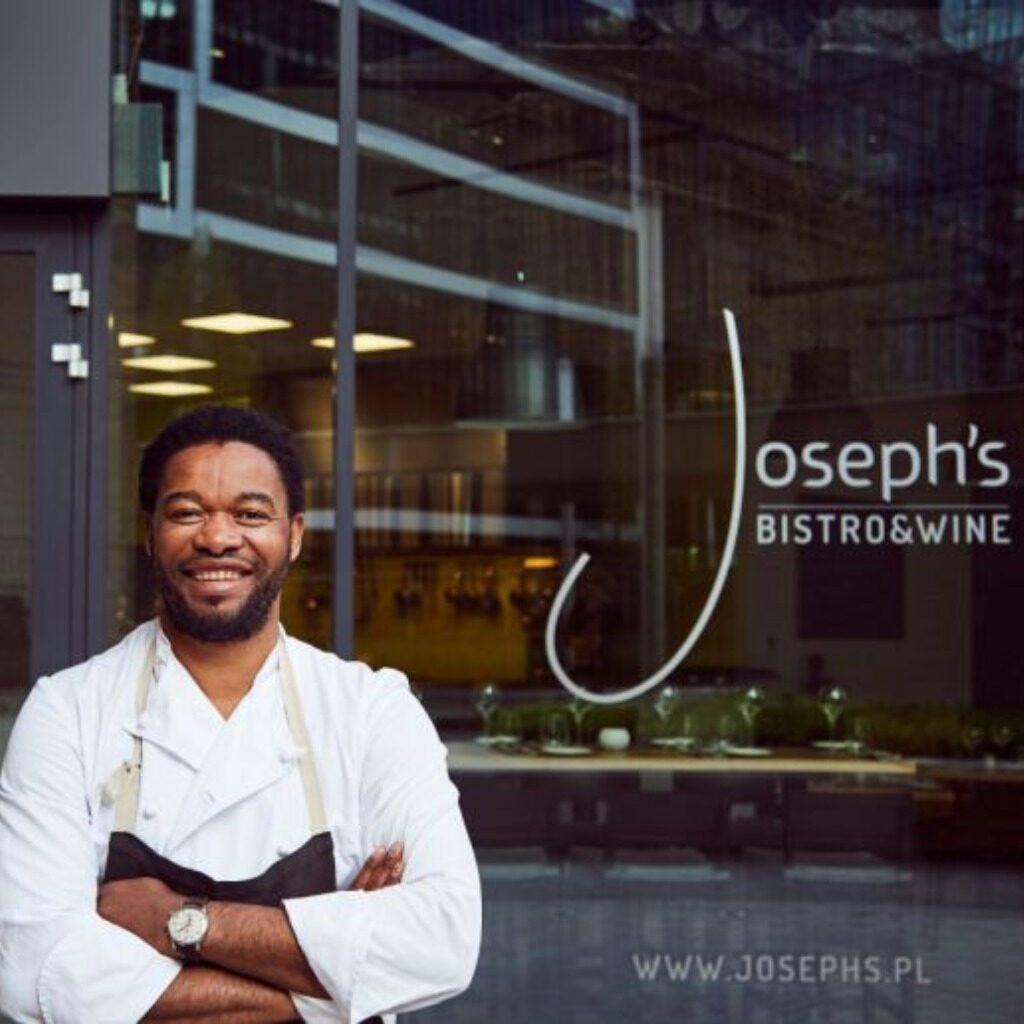Of Food Infusions: Turning Grief to Spicy Passion
Of Food Infusions: Turning Grief to Spicy Passion If the definition of success is living a life that is passion and love-led, then Derek ‘Ox’ Botha is the embodiment of such a life. Many success stories do not include full disclosure of the difficult parts. Ox doesn’t shy away from telling this, particularly since it was due to facing tough life circumstances that he was forced to make a critical decision to choose living life to its best potential by following his dreams. Speaking under a fully stocked Food Infusions spice and sauce exhibition stand at the Mzansi Food & Drink Show held in Gauteng, a vibrant 63-year-old Botha gives background on his entrepreneurial journey, which has developed over two decades. “I used to own a massive deli which imported specialty products from around the world with my wife. We operated it for about 26 years,” he said, also explaining his background in the food industry. Unfortunately, things came to a standstill when Mrs. Botha lost her life to COVID-19 in 2020. Faced with the harrowing reality of life without his wife of more than thirty years, Ox said he no longer had a lustre for life. “I lost interest in the business, sold it, and then lay around for about one and a half years feeling sorry for myself. Eventually, I thought, “I cannot do this anymore.”” Although he no longer owned the specialty deli supplier business to make his comeback to, Ox decided to pay more attention to his hobby of creating spices and sauces. At the very least, it would keep him off the couch, out of trouble, and not a burden to his family, he said. “I thought that by sitting around doing nothing, I’d get old and my family would get tired of me. I was already working on the Ox Bones range and started thinking about making sauces. I started playing around with marketing catchy names and slowly but surely I got my act together. Before this, I was doing it as a hobby, but now I see there is potential.” This life pivot can be traced back as recently as 2022 when Ox began putting effort into a hobby now turned business venture that has grown in the direction passion has led him. The potential he cites for the business is very modest considering that at the Mzansi Food & Drink show, five Food Infusions products performed exceptionally well as prize winners and in connections made for future business prospects. “I won two prizes: Second best tasting sauce (habanero) and the mounga relish was third. I submitted five products. They came in second, third, fourth, and fifth of the twenty-nine other entrants who also entered the competition. That gives me hope to do something more.” Another significant validation for his chosen path with Food Infusions, he added, came in the form of numerous delis and butchers who demonstrated an interest in entering into distribution agreements to supply Food Infusion products at their stores. Ox, who prefers to be called by his nickname, understandably makes no effort to conceal his excitement as he recounts the wins of the day. As such a part of him, the Food Infusion products are a selection of the thirty-two products the company produces, with the Ox Bone range of spices named after him. This recognition for a business that began as a hobby grew more the further he walked from grief and towards his love for creating great flavors for food is a dream story for many aspiring entrepreneurs. “I’m on a journey of self-healing—not that I am sick—but I want to get into my old age enjoying life. I want to live my life fit and healthy, and I have these awesome products I still want to share with people. I love what I do; this is my passion.” Written by: Tuduetso Tebape. More from Lifestyle Tayla Naika 4 min read Food has been the cornerstone of Tayla’s home and family life. With her gran being South Indian, she describes how watching her in the kitchen… Read More Brunch with Boogie 3 min read Take us back to Brunch with Boogie! Read More Joseph Seeletso 5 min read I have always been curious around the kitchen. I remember how when I was about 9 years old, I would help my dad peel the… Read More Women and Whisky Experience Curated By The Perfect Serve 1 min read When you think Whisky, you quickly think burly men in suits, sealing business deals over a neat whiskey on the rocks. So, we decided to… Read More Lerato Lee Mokonyane 4 min read Chef Lee is a passionate advocate of simple, nutritious & sustainable home cooking. She is an inspiration for families creating their own healthy food lifestyle. Read More Served Perfect With Natasha Siku 7 min read Remember the chicken wing shortage from late 2021 into 2022? It caused so much concern it created many chicken wing activists out of so many… Read More How Is Technology Influencing The Way We Interact With Food 8 min read Picture this: You come home after a long day at work, feeling tired but craving a delicious homemade meal. You enter your kitchen, and with… Read More Your Perfect Braai Essentials 6 min read Braai? Yes! Whether you call it a braai or barbeque, still a thousand times, YES! Read More Our Perfect Guest – Mmule Setati 8 min read This month we step into South African Food Snob and recipe developer Mmule Setati’s kitchen. She HATES eating bad food that’s not cooked from the… Read More Shaking Things Up With Kesego Moeng 6 min read The founder of Exuberant Sips, Kesego Moeng, famously known as Robust Hun, is a trailblazer in the mixology space. With only 4 years in the… Read More A seat at Rachel’s table 5 min read Rachel Tlagae is a private chef and food entrepreneur at the helm of Rachel’s Table. A food business that started
Of Food Infusions: Turning Grief to Spicy Passion Read More »

